
5 foods you should never keep overnight
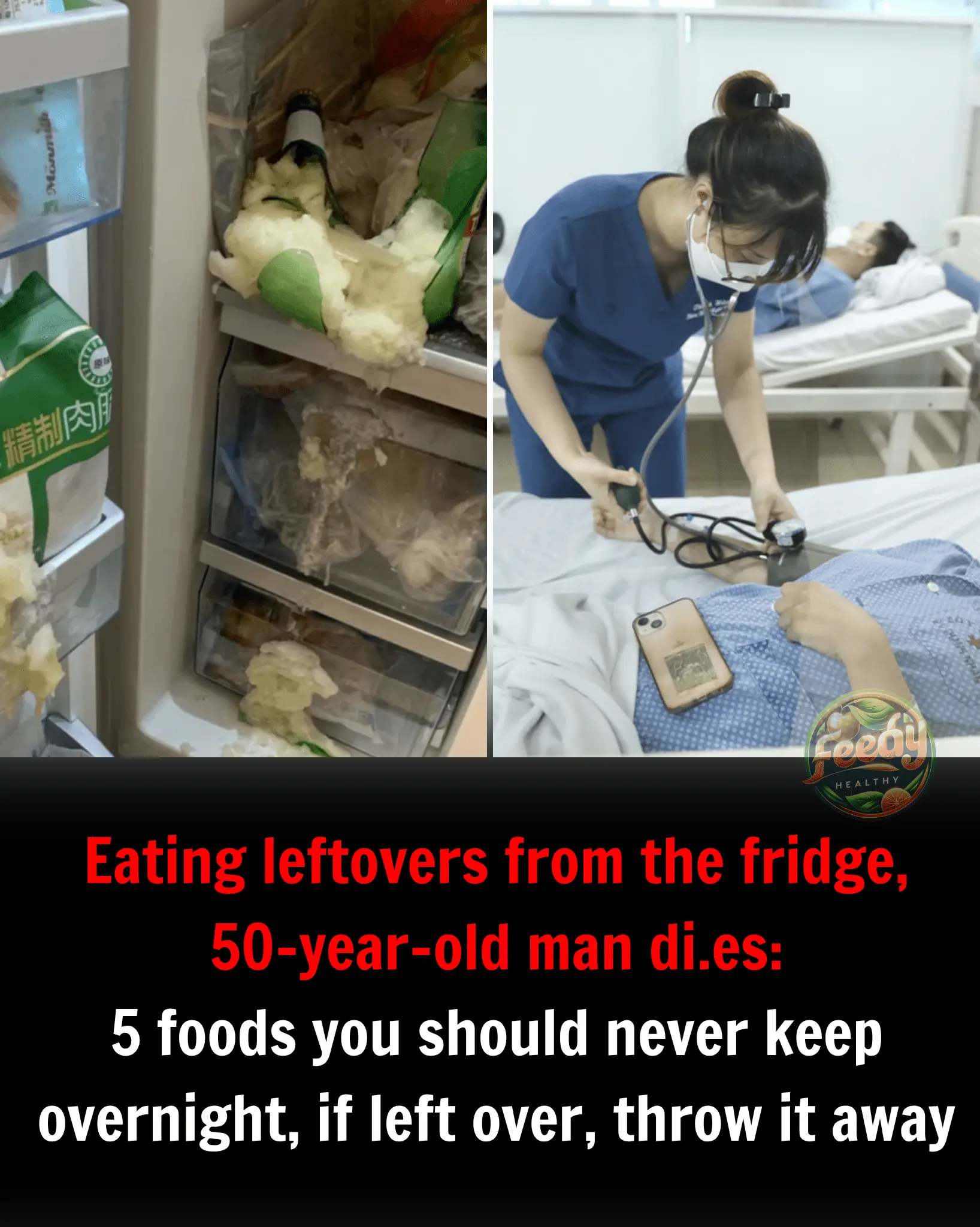
We often store leftovers in the fridge for the next day — and with busy schedules, it’s common to cook meals for several days in advance.
However, if this is your habit, it's time to reconsider. A tragic story recently surfaced about a 50-year-old man who died after suffering severe diarrhea from eating leftovers at home.
Despite receiving hospital treatment, he did not survive.
The man, whose identity was not revealed, was from China. He was hospitalized after experiencing severe diarrhea — more than 10 times a day — and was treated with IV fluids. However, during the infusion, he suddenly fainted and was rushed to a higher-level hospital for emergency care. Unfortunately, his heart had stopped by the time he arrived, and after 40 minutes of resuscitation, he could not be saved.
Doctors believed he had developed acute enteritis from consuming food that had been left in the fridge for too long. The enteritis led to extreme diarrhea, causing an electrolyte imbalance that triggered acidosis and hyperkalemia — ultimately fatal.
How Dangerous Are Leftovers? Can They Even Cause Cancer?
It’s not just food stored overnight — anything left unrefrigerated for 8–10 hours can be considered a leftover.
To examine the effects of leftover food on health, the Ningbo Food Testing and Inspection Institute conducted a study:
Researchers purchased common ingredients (meat, fish, vegetables) and prepared 30 household-style dishes. They divided them into groups — meat, mixed, vegetarian, and cold dishes — and stored them at 4°C and 25°C.
Key findings:
-
Vegetables stored at 4°C for under 6 hours: Minimal nitrite change and limited bacterial growth.
-
Vegetables stored at 25°C for over 6 hours: Nitrites didn’t increase significantly, but microbial growth surged.
Conclusion:
As long as food is stored at low temperatures, sealed properly (with cling film or containers), and consumed within 24 hours at 4°C, the risk of nitrites, microorganisms, or safety breaches is low — making it relatively safe.
However, leftover food can potentially contribute to cancer if consumed improperly over a long period. Even vegetables stored in ideal conditions aren’t entirely risk-free.
In Theory, You Can Eat Overnight Vegetables — But It's Still Risky
While you may safely eat vegetables stored overnight under the right conditions, there's always a chance of nutrient loss and bacterial growth. To be safe, don’t overconsume, and always prioritize fresh food.
5 Foods You Should Never Eat After Storing Overnight
1. Mushrooms & Wood Ear Fungus
Complex proteins in these fungi can disrupt digestion when reheated. They also contain high nitrates, which can become toxins over time, causing stomach discomfort. Best eaten fresh.
2. Leafy Greens
High in nitrates that convert to nitrites when left at room temperature. Nutrients are also depleted over time. Always consume while fresh.
3. Soy Products (Tofu, Soy Milk)
These are rich in protein and attract bacterial growth. If left too long, they can be contaminated with Clostridium botulinum, a bacteria that causes nerve paralysis or death.
4. Soft-Boiled Eggs
Undercooked yolks aren’t fully sterilized. Left too long, bacteria can multiply rapidly.
5. Seafood
Some bacteria in seafood survive cooking and multiply again after refrigeration. Their protein breakdown can harm the liver and kidneys, making overnight seafood unsafe.
How to Store Leftovers Safely
-
Keep Cold: Always refrigerate leftovers to prevent bacteria from spreading.
-
Store Separately: Keep meat and vegetables apart; use airtight containers or wrap tightly.
-
Monitor Time: Don’t keep cooked food for too long.
-
One Night Max: Don’t store leftovers for more than one night. Reheat only once.
News in the same category


5 Warning Signs of Stroke in Young Adults
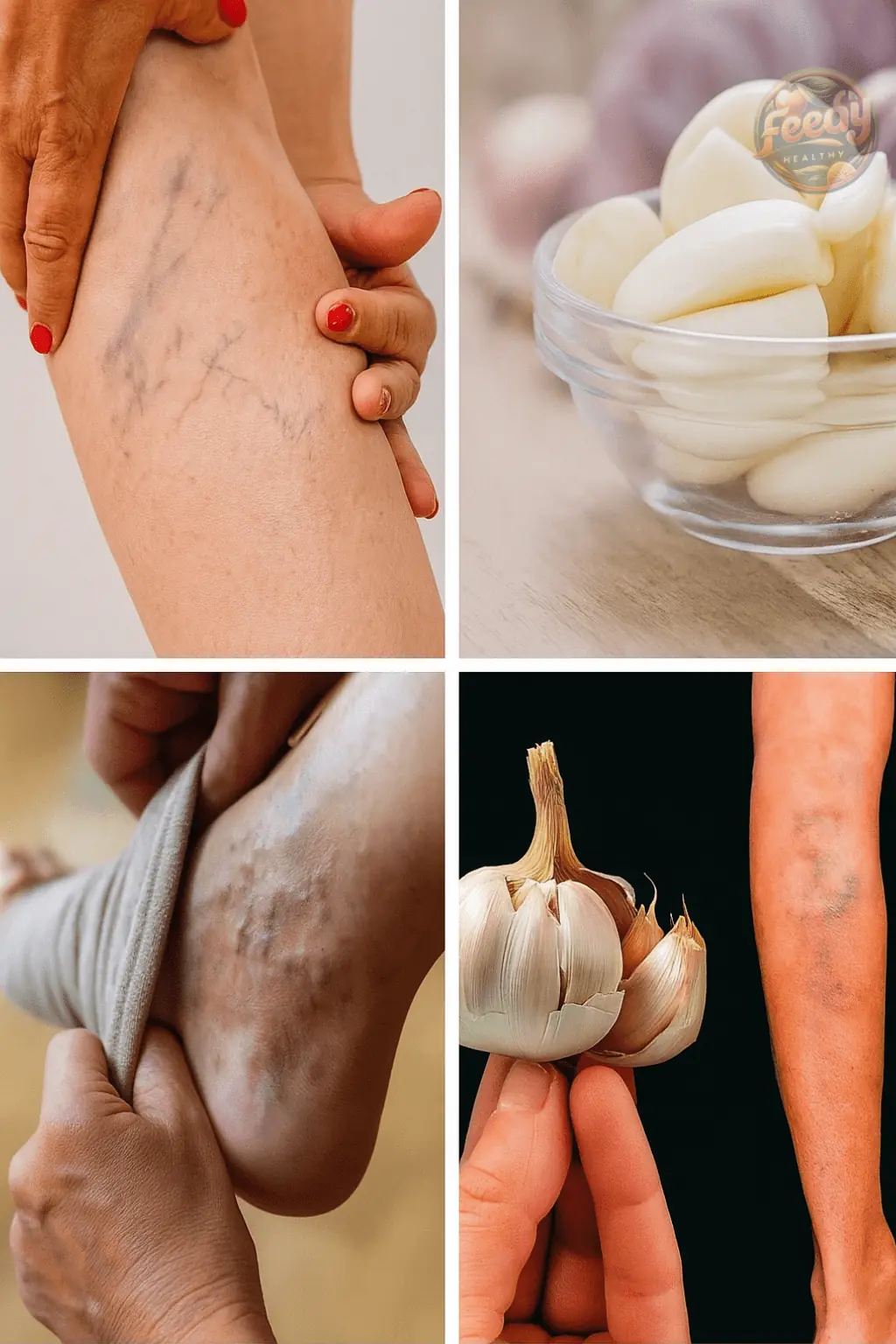
My Mother’s Secret: Garlic Remedy for Aches and Pains

Stomach Cancer: Silent but Dangerous – Know the Early Signs
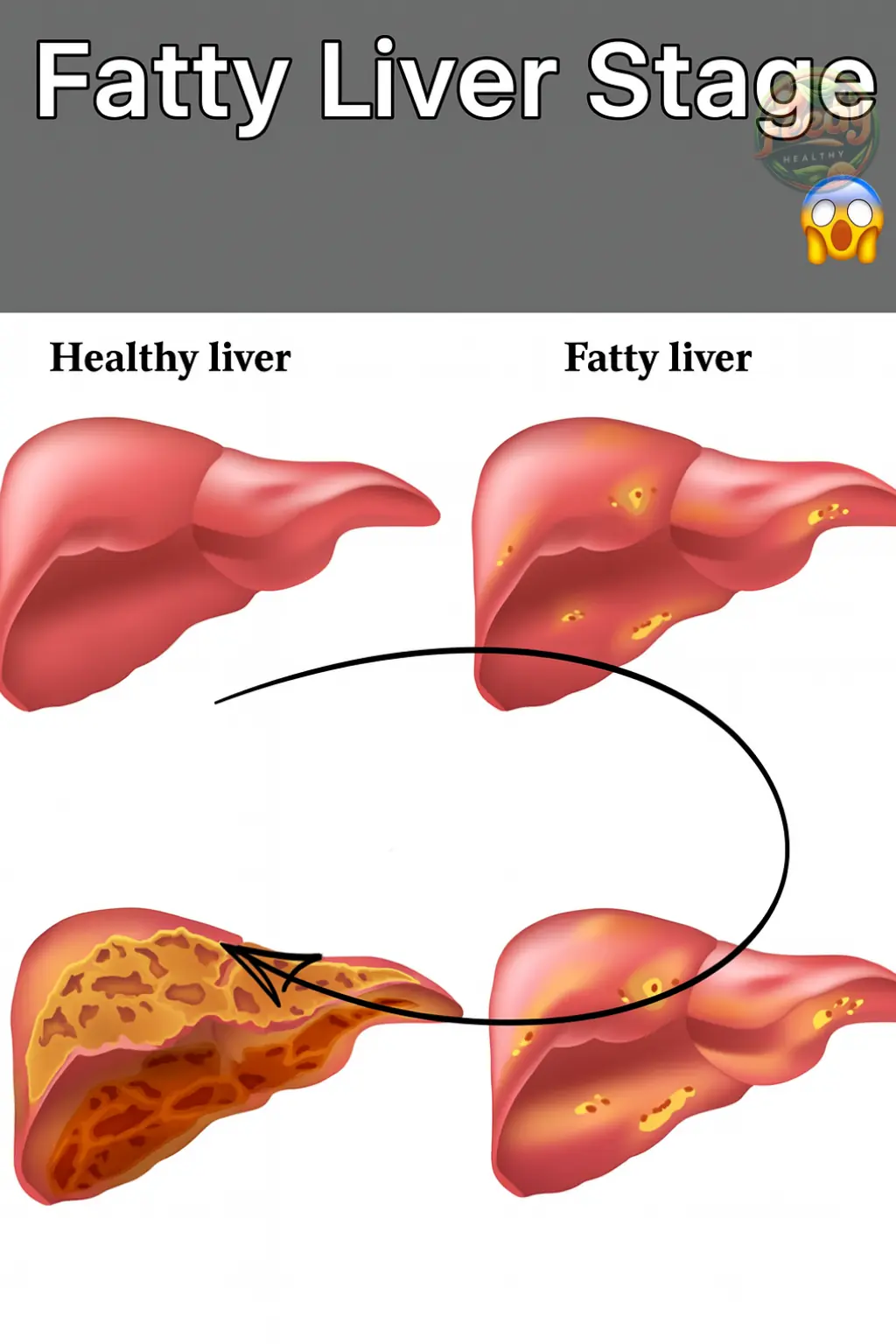
Take Care of Your Fatty Liver – Learn How to Cleanse Your Liver

Famous Writer Diagnosed with Two Types of Cancer Lived to 104: The First Two Things He Did Were More Important Than Diet
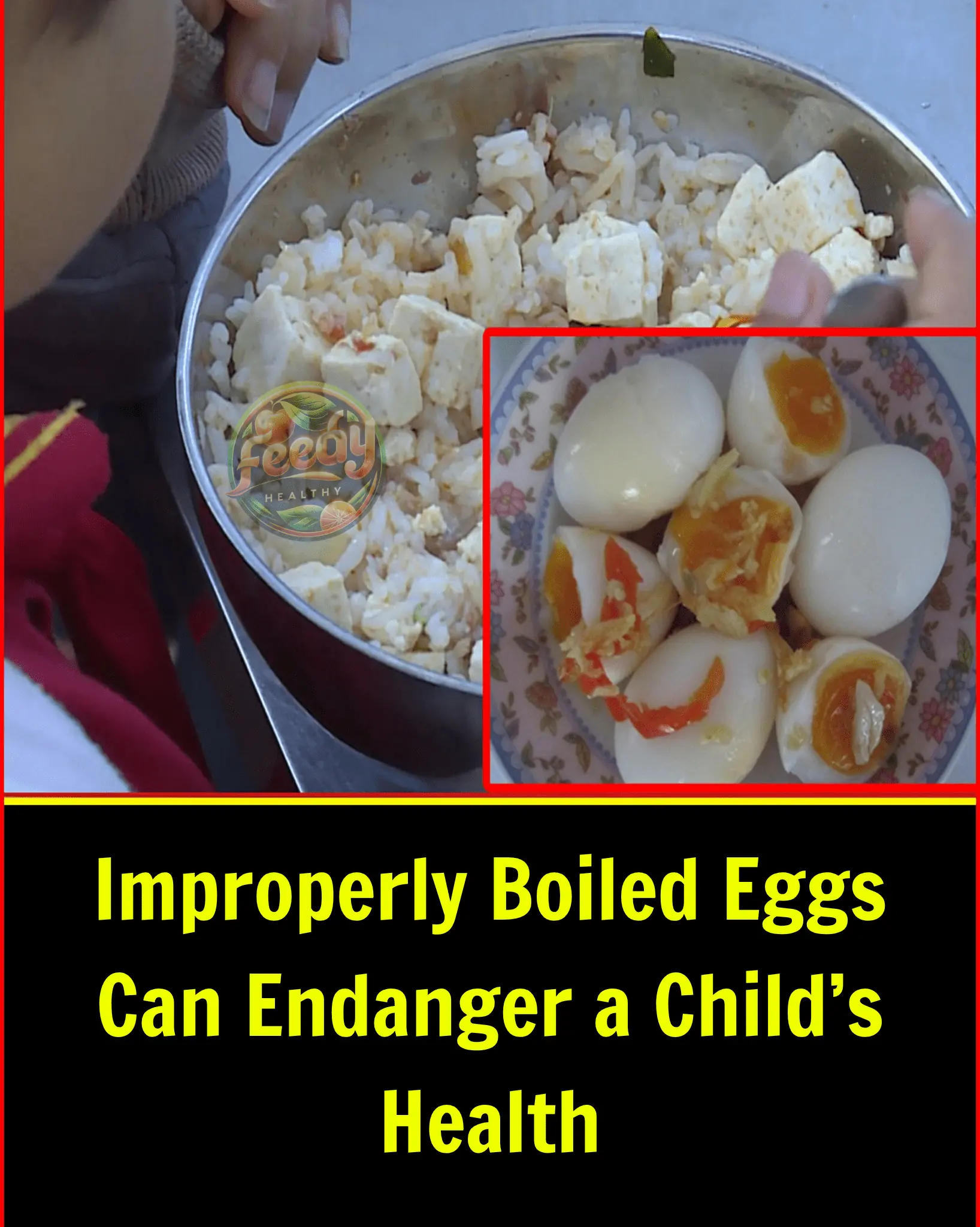
A 4-Year-Old Boy Lost His Life After Eating Boiled Eggs Improperly: A Painful Lesson for Families with Young Children

9 Early Warning Signs of Stomach Cancer: Even One Means You Should See a Doctor

Little girl who looked 8 months’ pregnant because of deadly disease is saved thanks to dad’s kidney donation

After Years of Practice, Doctors Realized Cancer Patients Often Share 6 Morning Habits — and They Make Sense in Hindsight

Eggs and Coffee: The Surprising Superfood Combo Your Breakfast Needs
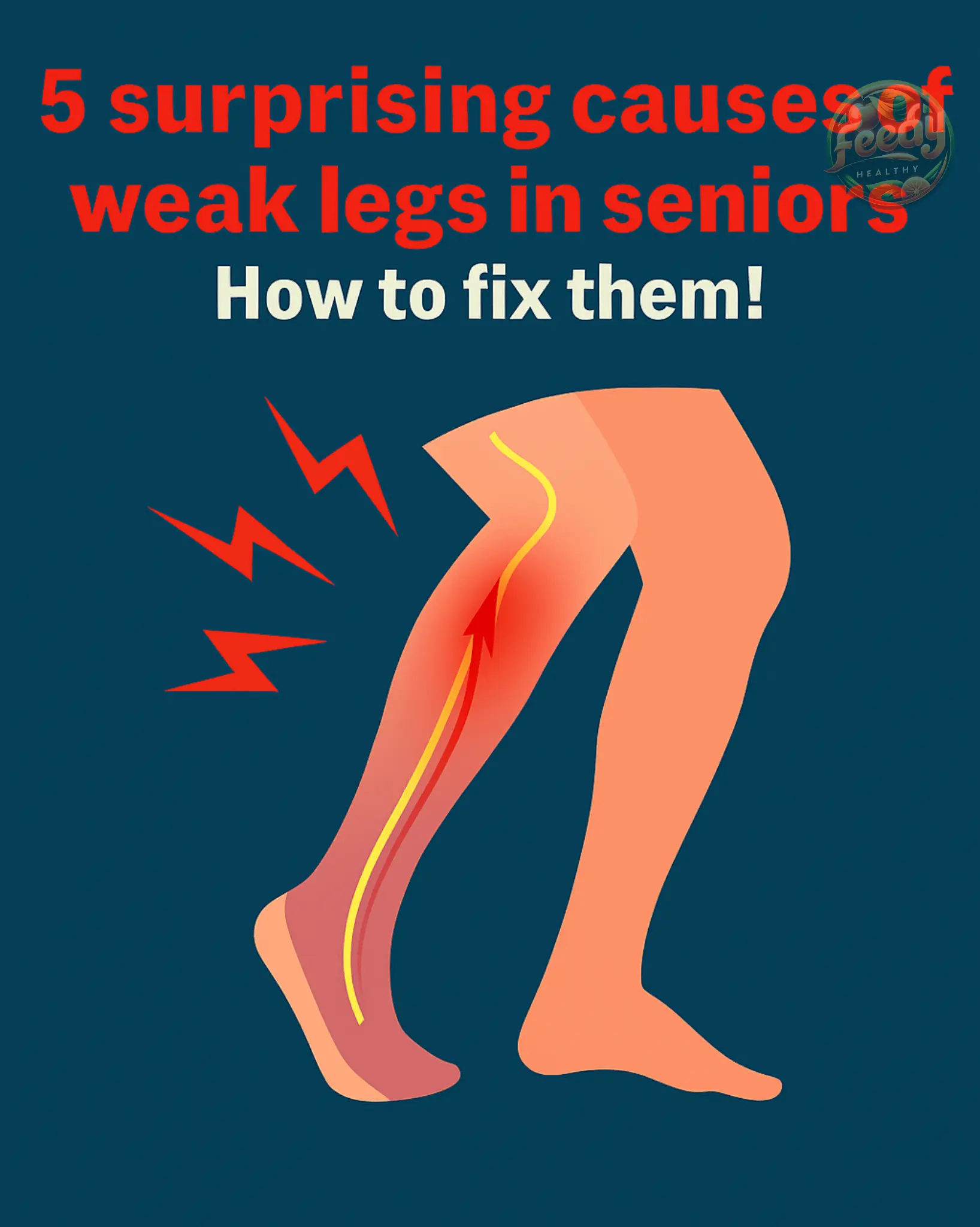
5 Surprising Causes of Weak Legs in Seniors — And How to Fix Them

Itching in 9 Areas: A Warning Sign of Malignant Tumors, Number 7 Is the Most Common

Drink Warm Water with Lemon 😱👇

Revitalize Your Body in Just 7 Days: The Tangerine, Walnut & Ginger Detox Drink That Restores Energy and Vitality

7-Day Meal Plan for Diabetics

3 Eye Symptoms That Signal Hidden Health Issues: High Cholesterol, Stroke, and Cancer

Clear Your Lungs and Feel Great with Lemon and Ginger
News Post

A powerful, natural, and effective homemade keratin!
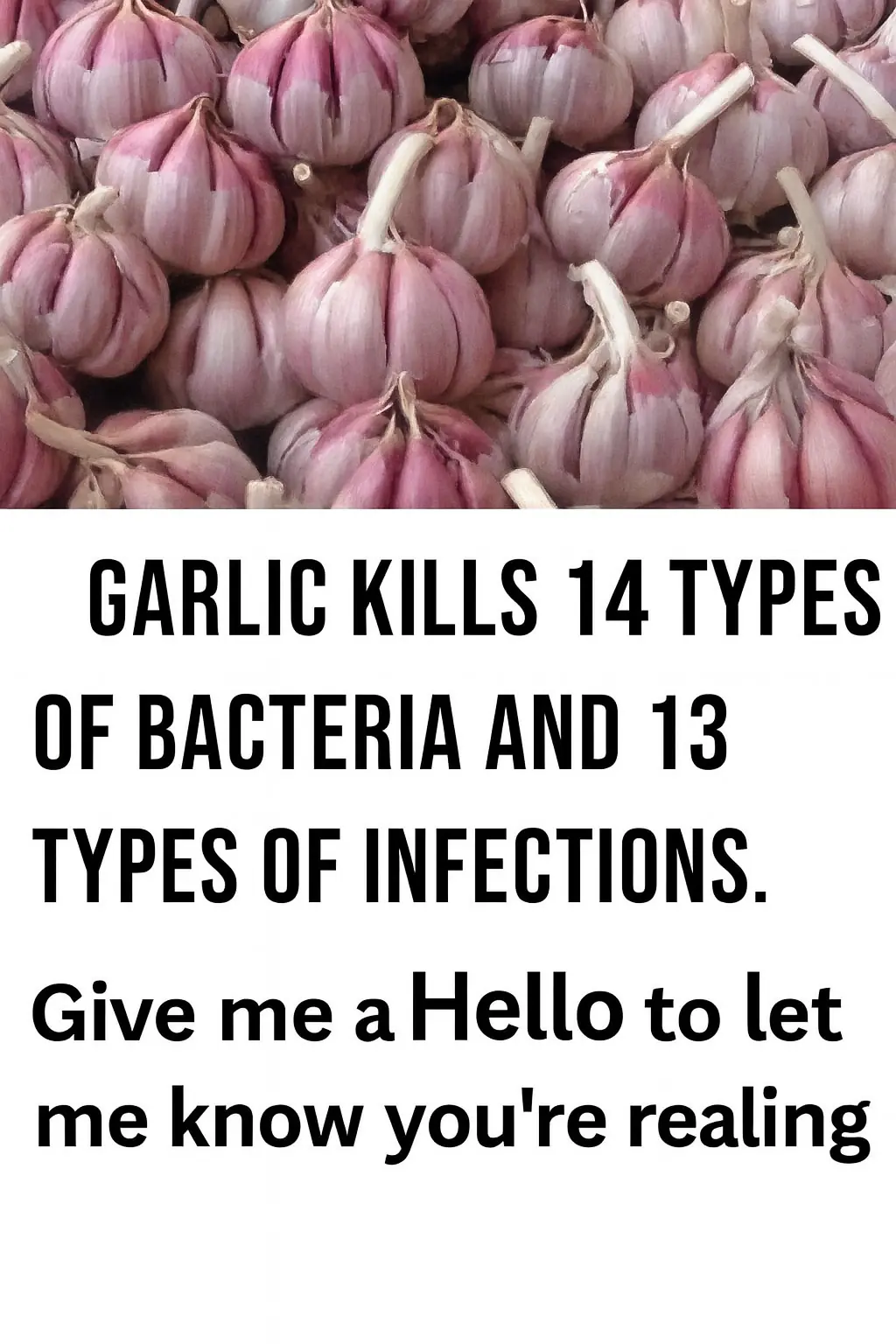
Garlic and Clove: Two Hidden Treasures for Your Health

🍫 Chocolate-Oreo Layer Cake with Vanilla Cream and Ganache Drip

🍒🍫☀️ Summer Chocolate Cherry Luxe Cake

☀️🍰🍯 Summer Caramel Oreo Cheesecake Slice

☀️🍫🍓 Summer White Chocolate Mousse Cheesecake Slice

ROSEMARY TEA ON AN EMPTY STOMACH

People with High Blood Sugar Should Avoid Certain Foods—Watermelon? Doctor: These Are 4 Foods You Really Shouldn't Eat

He Always Thought It Was Just a Sore Throat from Talking Too Much or Cold Weather—Mr. Tran Was Devastated to Learn It Was Late-Stage Stomach Cancer

5 Warning Signs of Stroke in Young Adults

🍫 Best Homemade Chocolate Cupcakes

🍪 Biscoff Cupcakes with Biscoff Buttercream

☕ Tiramisu Cupcakes

💰 Millionaire Caramel Shortbread Cheesecake (No-Bake)

🍋 Oreo Lemon Cheesecake (No-Bake)

How to Effectively Remove Stains from Clothes: Simple Home Remedies That Work

If Your Parent Shows These 3 Signs, They May Be Nearing the End of Life. Prepare Yourself for What’s to Come

Single dad adopts boy with Down syndrome no one wanted

Mum wakes to find five-year-old daughter dead beside her
